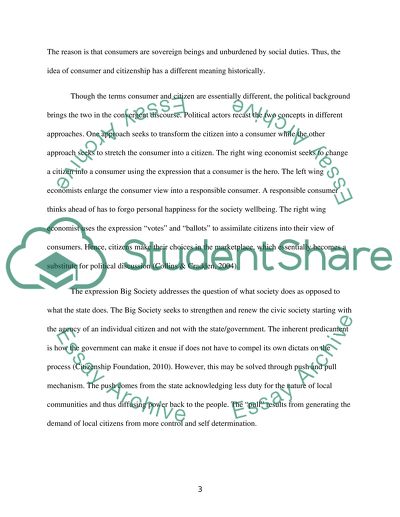Do people consider themselves consumers ahead of citizenships now Or Essay. Retrieved from https://studentshare.org/sociology/1477184-do-people-consider-themselves-consumers-ahead-of
Do People Consider Themselves Consumers Ahead of Citizenships Now Or Essay. https://studentshare.org/sociology/1477184-do-people-consider-themselves-consumers-ahead-of.


